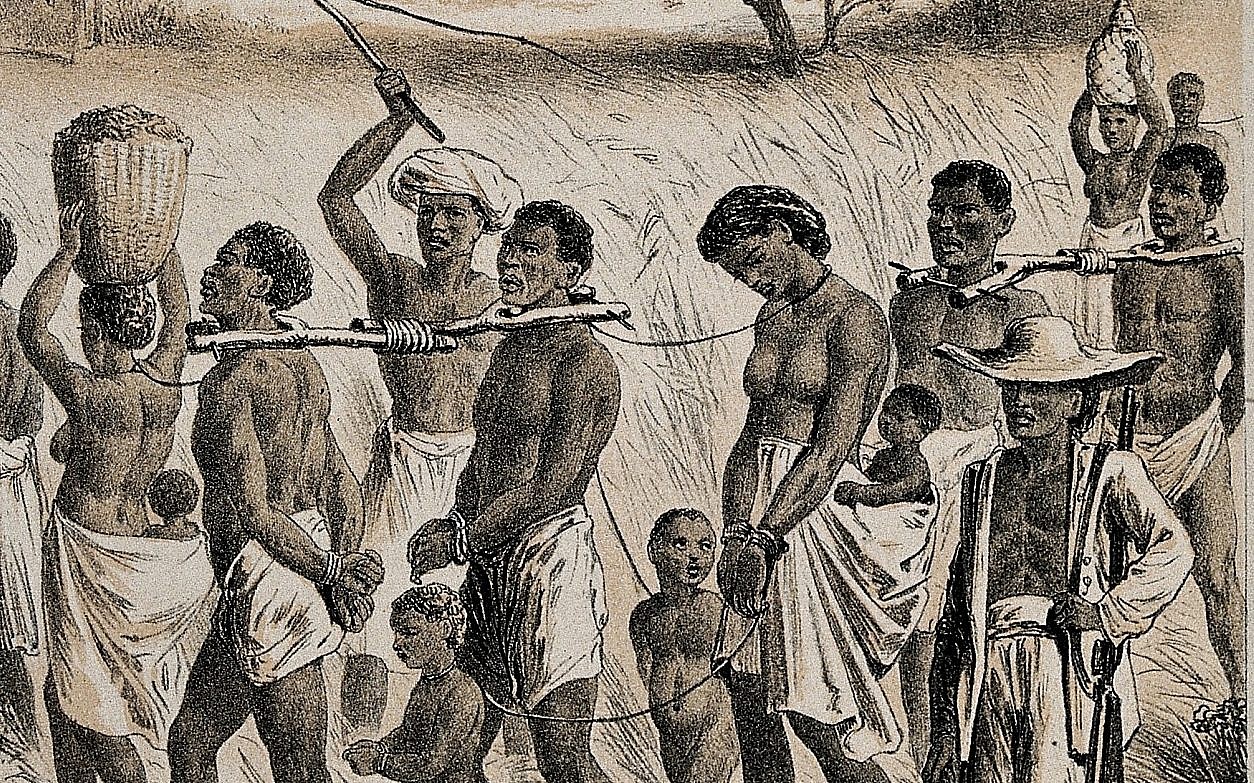Slavery has been a blight on human history for centuries, and the Bible has often been used both to justify and condemn this horrific practice. In America, slavery was a major part of the country's history, and many slaveowners and pro-slavery advocates used the Bible to support their arguments in favor of slavery.
One of the most commonly cited passages in defense of slavery was found in the book of Genesis, where the descendants of Ham are said to be cursed and destined to be slaves. This passage was often used to justify the enslavement of African Americans, who were believed by many to be descended from Ham.
However, there were also many abolitionists and opponents of slavery who used the Bible to argue against this cruel and inhumane practice. They pointed to passages in the New Testament that emphasized the equality of all people and the importance of treating others with love and respect.
One of the most influential abolitionist texts was the "Slave Bible," which was published in the early 19th century and was used to indoctrinate enslaved Africans. This version of the Bible omitted or changed passages that might have encouraged rebellion or disobedience, but it also contained some powerful messages of hope and liberation that were used by enslaved people to find strength and courage in the face of oppression.
The role of the Bible in America's dark history of slavery is a complicated and often painful one. While some used the Bible to justify the enslavement of others, many also found within its pages a message of hope and liberation that helped them to resist and overcome oppression. Today, it is important for us to remember this complex history and to continue to work towards a society that values the dignity and worth of all people, regardless of their race, ethnicity, or background.




